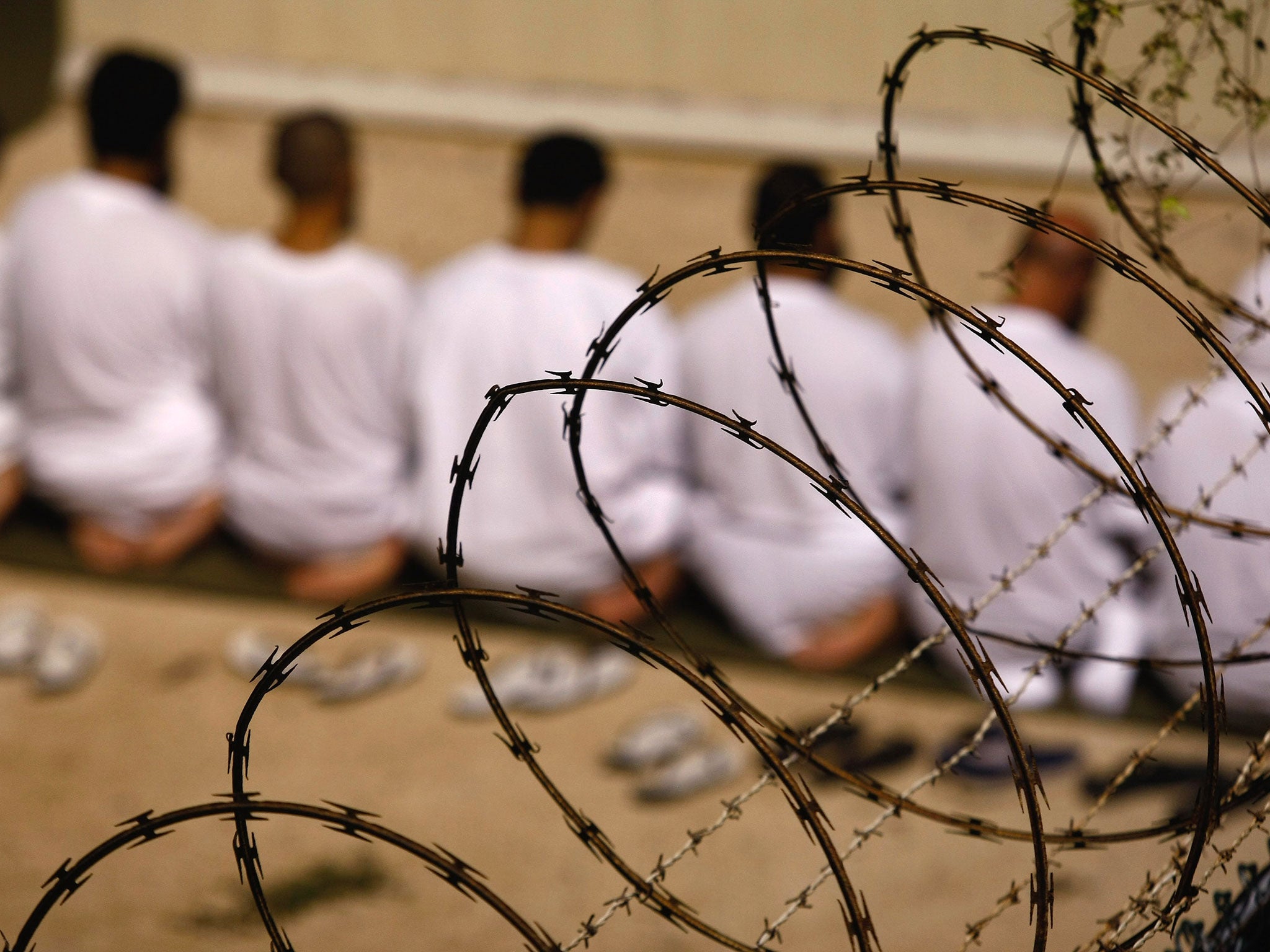CIA torture report: David Cameron urged to open judge-led probe into Britain's role in controversial secret US programme
MPs say the existing probe by parliamentary commission is unfit to do the job

David Cameron is under mounting cross-party pressure to approve a judge-led investigation into whether Britain was involved in the CIA’s torture of suspects during the “war on terror.”
The Prime Minister wants to wait until after an investigation by Parliament’s Intelligence and Security Committee (ISC) before deciding whether another inquiry is needed. But MPs have expressed doubts over whether the ISC has the resources to do the job.
Following last week’s explosive report by the US Senate Intelligence Committee, many MPs are convinced that British security services witnessed and benefited from the CIA’s torture of terrorist suspects, making them complicit even if they did not take part directly.
It emerged that Jack Straw, who was Foreign Secretary in the Blair Government, has been questioned as a witness by police investigating the abduction of two Libyan dissidents in Britain who were handed to the Gadaffi regime and tortured. The Metropolitan Police is believed to have sent a file to the Crown Prosecution Service.
Andrew Tyrie, Tory chairman of an all-party group on rendition, said: “What we are talking about here is kidnap and people being taken to places where they can be maltreated or tortured and I never thought in the 21st century that my country would be facilitating such practices, but they have done; the question is: how much?”
David Davis, the Tory former shadow Home Secretary, told Sky News: “I think this needs to be a judicial inquiry…it needs to be bigger than that [the ISC inquiry]. It needs to be completely independent of the establishment.
“What we want out of it is something which says to everybody this will never happen again, indeed, it becomes politically fatal for it to happen on your watch.”
Yvette Cooper, the shadow Home Secretary, doubted the ISC had “the capacity and the scope” to carry out an inquiry and said that it was her “instinct” that a judge-led process would be required to ensure confidence.
Norman Baker, the Liberal Democrat former Home Office minister, said: “Based on previous experiences, the ISC has not really delivered the goods. There’s been a suspicion that it has been slightly too close to those who it’s supposed to be overseeing.”
Sir Malcolm Rifkind, the Tory chairman of the ISC, tried to allay fears that his committee would carry out a whitewash, saying it would investigate “without fear or favour.” He added: “If our conclusions are that either serving ministers or former ministers or MI6 or MI5 or anyone else were complicit in torture, we will say so and we will indicate the evidence that has brought us to that conclusion.”
Writing in the Mail on Sunday, Craig Murray, who was sacked as UK ambassador to Uzbekistan in 2004 after alleging that Britain used intelligence obtained by the CIA under torture, said he attended a meeting at the Foreign Office where he was told that “it was not illegal for us to use intelligence from torture as long as we did not carry out the torture ourselves” and claimed this policy came directly from Mr Straw.
The former Foreign Secretary said: “At all times I was scrupulous in seeking to carry out my duties in accordance with the law. I hope to be able to say more about this at an appropriate stage in the future.”
Join our commenting forum
Join thought-provoking conversations, follow other Independent readers and see their replies
Comments